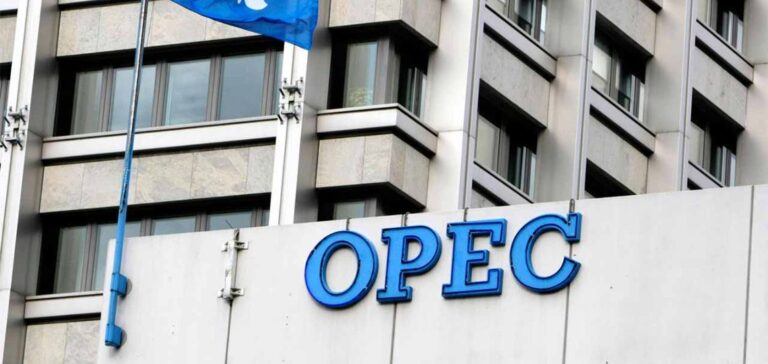On February 18, 2025, Brazil announced its decision to join the Charter of the Organization of the Petroleum Exporting Countries (OPEC). This step marks a strategic turning point for the country, which seeks to increase its influence in the international oil sector. Joining this international organization, which brings together the world’s leading oil producers, allows Brazil to actively participate in decisions regarding oil production and price regulation on global markets.
As a member of OPEC, Brazil will have the opportunity to contribute to discussions on production strategies and oil resource management, a vital sector for the country’s economy. With its vast offshore oil reserves, particularly in the Santos Basin, Brazil is now a key player in the global energy sector. This decision is seen as a way for Brazil to strengthen its geopolitical weight, especially in relation to major oil producers like Saudi Arabia and Russia.
Brazil’s transition toward a more integrated approach with OPEC is not without challenges. The organization, which aims to stabilize global oil markets, regularly faces internal disagreements among its members, particularly regarding production quotas and strategies to address the new dynamics of supply and demand. Brazil will need to navigate within this organization while protecting its own economic interests, especially those related to its massive investments in offshore oil projects.
Major Geopolitical and Economic Stakes
Joining the OPEC Charter is not just a symbolic act for Brazil; it reflects a desire to align its energy strategies with those of the world’s major producers. The country, already one of the largest oil producers in Latin America, sees this membership as a way to secure the sustainability of its energy sector in the face of global oil price fluctuations. With its growing oil production, Brazil could also play a key role in regulating oil supply by contributing to strategic decisions on production and fossil fuel consumption.
Furthermore, this membership comes at a global time when OPEC is seeking to diversify its members, in response to the emergence of new producers and the energy transition that is gradually altering market balances. While Brazil stands to gain from this new position, it will also need to manage international pressures regarding climate issues and the discussions surrounding the reduction of CO2 emissions in the energy sector.
Integration in the Context of Energy Transformation
Brazil’s integration into OPEC also comes at a crucial moment in the global energy transformation. The oil market is experiencing turbulence due to the rise of renewable energy and the growing pressure on governments to reduce greenhouse gas emissions. In this context, OPEC, while remaining the main oil-producing cartel, is increasingly under pressure to reconcile its traditional goals with current ecological and technological challenges.
Brazil, while positioning itself as a key player in oil production, will also need to respond to international expectations regarding its environmental policies. Joining the OPEC Charter could intensify both internal and external pressures to adopt more sustainable strategies while ensuring the economic stability of the country’s oil sector.






















